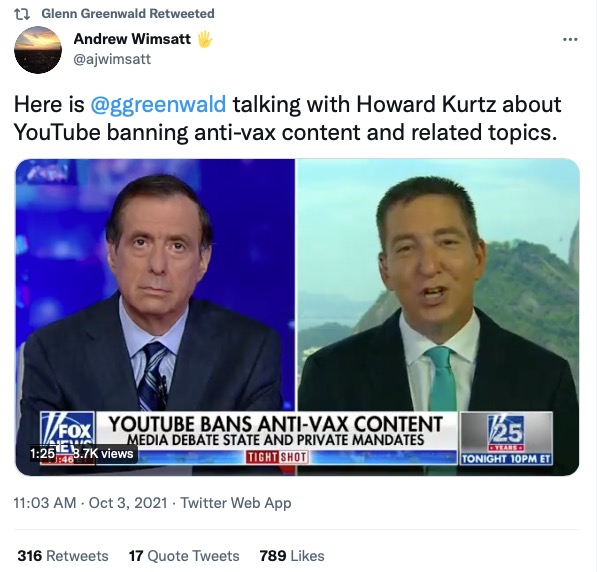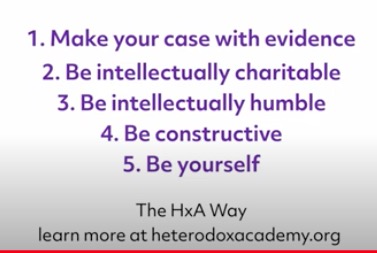I'm feeling sad today, perhaps because I read too much "news." I struggle when I try to identify any institution that is functioning well. Perhaps the court system is the best example of an (imperfect) functioning institution, although the elephant in the room is that those who don't have the money to hire good lawyers are almost always fucked over by those who have lawyers. Okay . . . but when both sides have good lawyers, the system seems to work fairly well fairly often.
Some of our newly dysfunctional institutions have been captured by Woke ideology, resulting in a thick atmosphere of fear in which smart people intentionally say untrue things so that they don't get yelled at by the mob, which can result in suspension and job loss. It's a terrible situation in many institutions, especially in news media and colleges. I base this on personal stories I've heard from several self-censoring professors who are afraid to engage in a free exchange of ideas in the classroom. I've reported many of these problems at this website over the past two years.
When I feel this sort of melancholy, I actively seek out good news, and I usually find some reason to be hopeful. Today, it comes from one of my favorite writers and thinkers, Jonathan Haidt, who participated in a discussion group at Heterodox Academy (I was one of many HxA members attending). It was a long discussion and there were many speakers. Here's an excerpt from Haidt's presentation:
It's the climate of fear. I'm actually starting a new book on this. It's called Life After Babble: How we lost the Ability to Think Well Together. The core idea is that social media, made reputational destruction democratized, incentivized and freed from accountability. And that's what happened in 2014. And that's why we've had a climate of fear since 2014. So you're right to be afraid.
But here's what I've learned in the last couple years: almost everybody is reasonable. Leaders are the ones who get shot with little darts. Whenever they you know, it's as though they're physically getting shot with darts. And so they all came very quickly. But those who hold out, those who don't cave-- if you just wait a week--it's a hurricane inside of a hall of mirrors, and it blows on to something else a week or two later. So the people who stand up to it and don't bend a knee and don't bow down, they end up looking very, very good. So what I'm trying to develop is the idea that every field needs high professional standards, and a big part of that is depoliticization is not being on a team not fighting for politics, but living up to your standard as a professor doing research. You're a scholar, and what I hope we can develop an HxA is this notion of very high professional standards. If you're a true professional, you live your standards, and then you should be unafraid. We're not there yet, but I think that's that's where I think we can get to very quickly.


